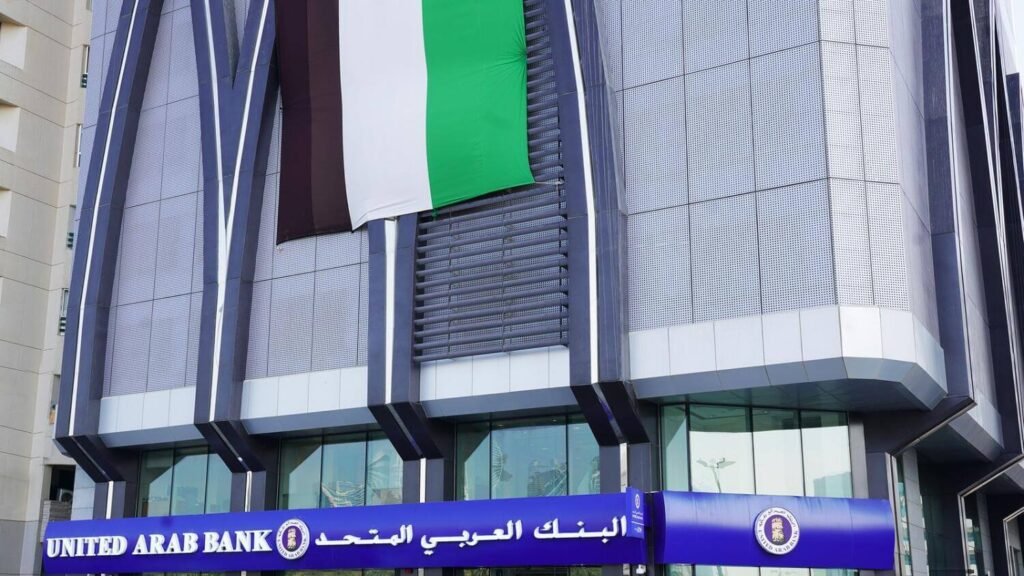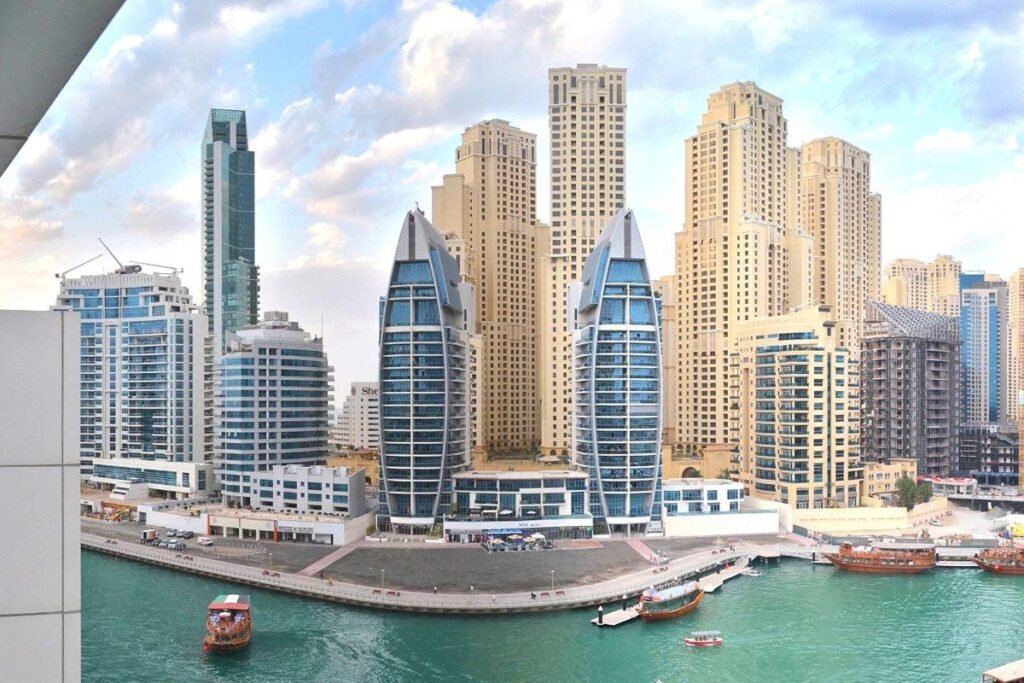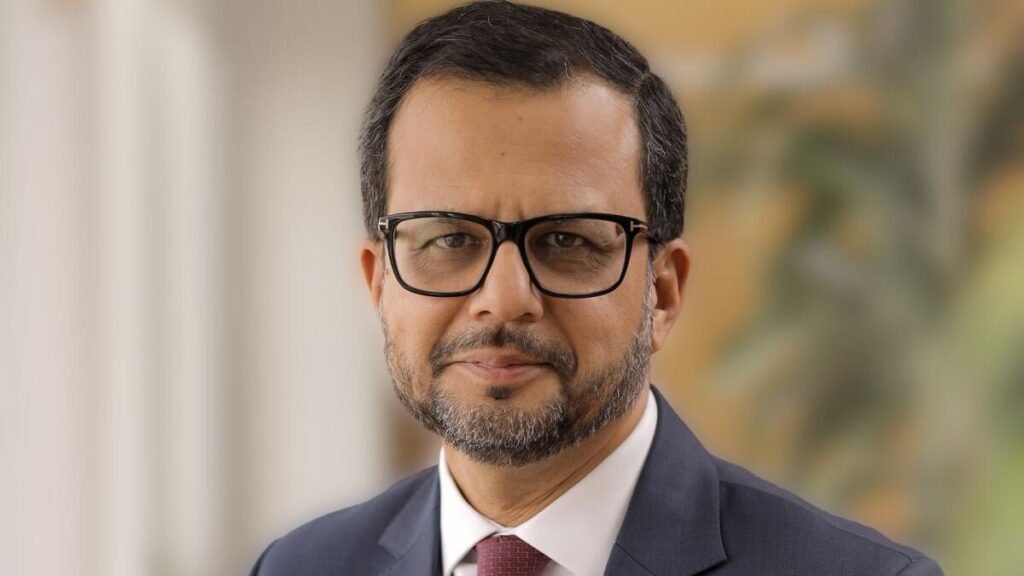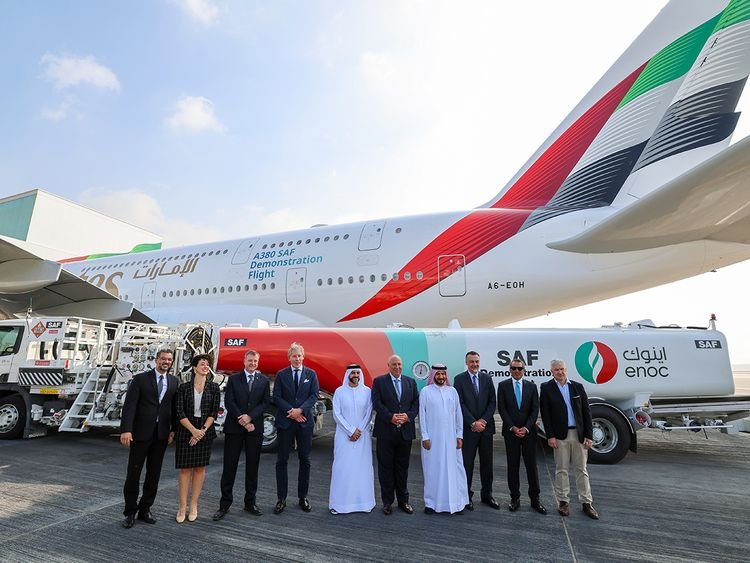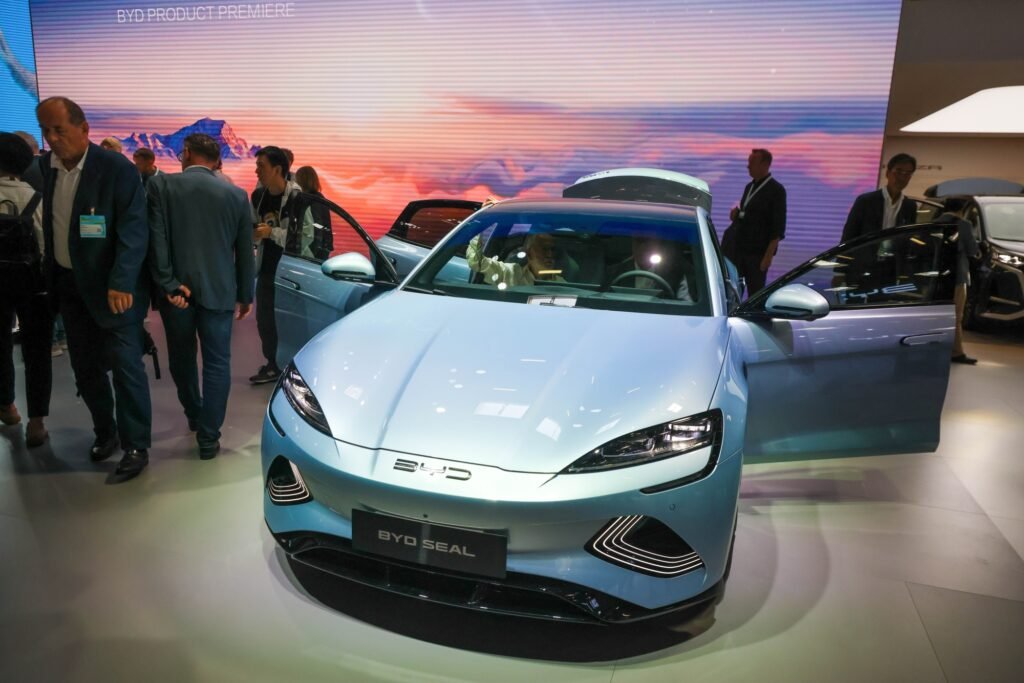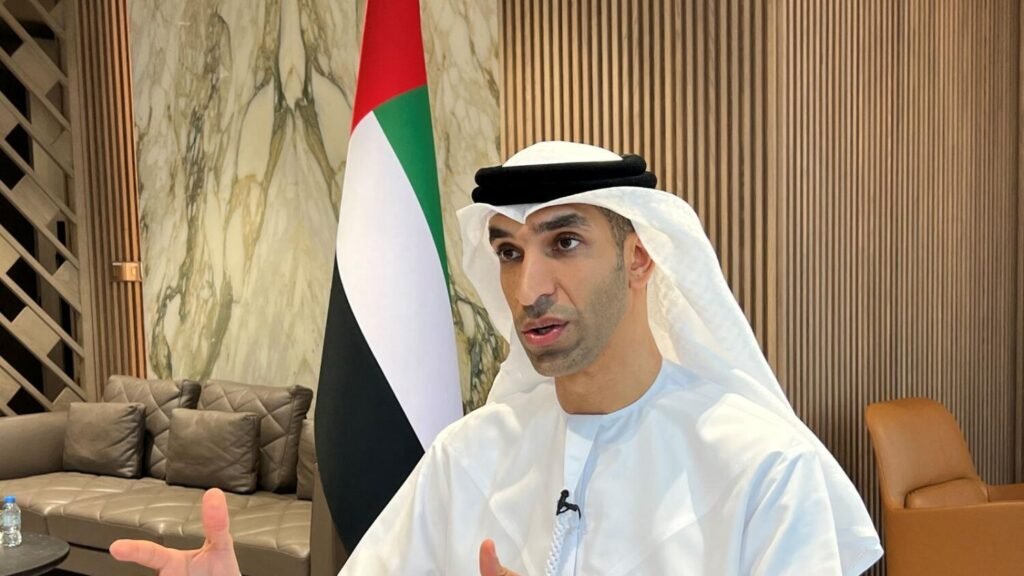How UAE Banks arespearheading sustainability drivewith $51 billion in green financing
The UAE’s banking sector has been toeing the line in tandem with UAE Net Zero 2050and the energy diversification strategy, launching sustainability frameworks andfinancing some of the biggest renewable projects, all the while fighting climate changewith environmental campaigns and activities, a top official said. “This reaffirms the sector’s commitment to UN Sustainable Development Goals (SDGs)and aims to contribute to making green energy affordable and accessible in the countryand wider region, primarily through the issuance of green financing and funds,” JamalSaleh, Director General of UAE Banks Federation – the sole representative and unifiedvoice of banks in the UAE, told Al Maktoum Investment Magazine. Apart from financing, banks have been adopting innovative technologies and embracingdigitization to reduce their carbon footprints by way of paperless transactions, improvingenergy efficiencies through “green buildings” retrofitting and smart facility managementto conserve electricity, recycle waste and plastic, as well as monitoring to reduce theirgreenhouse gas (GHG) emissions. Thus, contributing to the UN’s goals of buildingresilient infrastructure and fostering innovation. Saleh underlined that the UAE banking sector’s efforts and initiatives aim to “transformthe finance industry into a force for driving sustainability”. UAE banks have been fervent in implementing sustainable finance frameworks andbuilding robust green finance infrastructure to support green projects and initiatives. According to published data from six major banks: First Abu Dhabi Bank (FAB), AbuDhabi Commercial Bank (ADCB), Emirates NBD, Dubai Islamic Bank, Mashreq Bankand Abu Dhabi Islamic Bank, green financing for various projects, in committed andallocated loans, bonds and investment funds, amounts to $51.8 billion (more thanDh190 billion). Mashreq Bank Green bonds issued by UAE banks to finance environmental projects have been vital insecuring investments for renewable and sustainability projects. For example,sustainability- and adaptation-linked investments worth $15.5 billion have been financedby Mashreq Bank. The bank formed its very first internal Sustainability Working Group (SWG), which willbe accountable for assessing current and potential Environmental, Social, andGovernance (ESG)-related risks and opportunities, reviewing the existing framework tomanage such risks, prioritizing ESG initiatives for immediate implementation, settingtargets, and monitoring performance against established key performance indicators(KPIs). Abu Dhabi Commercial Bank Abu Dhabi Commercial Bank (ADCB) has recently been recognized by the UAEgovernment for the bank’s strong track record in sustainability and social impact. Thebank has committed $13.6 billion to green financing by 2030 under its ADCBGreen/Sustainable Bond Framework. The framework adopted last year was launchedwith inaugural $500 million funding to help finance low-carbon initiatives like windturbines and solar panels. First Abu Dhabi Bank FAB has allocated $1.16 billion by 2022 to various green projects, such as three solarpower plants that will help reduce CO2 emissions, seven “green buildings” for energyefficiency and a wastewater plant that can treat up to 430,000 cubic metres of waterevery day. The bank’s green financing efforts have supported UAE’s solar energy initiativehighlighted by the Mohammed Bin Rashid Al Maktoum Solar Park (MBR), which will bethe largest single-site concentrated solar power plant in the world with a plannedproduction capacity of 5,000 MW by 2030. When completed, it will provide clean energyfor 320,000 residences and save over 6.5 million tonnes of carbon emissions annually. Emirates NBD As per the Emirates NBD’s annual Environmental, Social, and Governance (ESG)report, the bank has issued some $11.35 million in ESG bonds as conventional andsukuk financing over the past three years to support various projects. Some $50.63million was also issued in “sustainable loan solutions,” which covered agriculture,projects to reduce greenhouse gas emissions, and increasing the use of renewableenergy. Abu Dhabi Islamic Bank Abu Dhabi Islamic Bank has put in motion a new three-year ESG strategy thatprioritizes accelerating its green financing and investing initiatives, having already madesignificant strides in this area with the allocation of $1.7 billion towards sustainableproject financing. Dubai Islamic Bank Dubai Islamic Bank introduced a Sustainable Finance Framework (SFF) ESG credit riskpolicy and scorecards and issued sukuk of $705 million in 2022, the first-everSustainable Sukuk from a UAE Financial Institution. In addition, ESG funding during theyear booked new green financing of approximately $367 million. Over the past severalyears, the bank has participated in more than $7 billion of green Islamic capital markettransactions globally. Prominence of COP28 Saleh underlined that COP28 is a powerful platform for the UAE banking sector.

